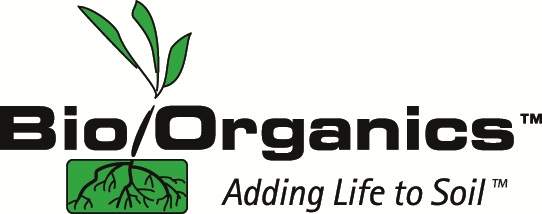News
The Organic Food Study
As many of you know, Stanford University researchers recently published results of a study comparing organically grown food with conventionally grown food. As you have likely seen, there were many resulting headlines throughout the news outlets: Organic food hardly healthier, study suggests (CBSNews) Why Organic Food May Not Be Healthier For You (NPR) Stanford Scientists Cast Doubt on Advantages of Organic Meat and Produce (NYTimes) Study questions how much better organic food is (AP) Little evidence of health benefits from organic foods, Stanford study finds (Stanford School of Medicine) There have been many individuals and companies quick to pounce on...
Mycorrhizae and the drought of 2012
The drought of 2012 has apparently been the worst this country has seen in over 50 years. According to the USDA almost 80% of agricultural land is experiencing drought. More than half of US counties have been designated disaster areas. The Great Plains and Midwest were hit the hardest. This has sent the price of soybeans and corn skyrocketing. Most soybean and corn growers are using traditional synthetic methods developed after World War II. For a long time feeding soils and crops synthetic fertilizer has been a cost effective near term solution despite its longer term implications for soil depletion,...
The Cost of Mycorrhizae
As I talk with various landscapers and growers of nurseries, vineyards, fruit trees, row crops, I realize that the emphasis and reasons for purchasing our mycorrhizae products really do vary. For some the draw is the faster germination, for others it is the effect on the soil, and many more it is the higher yields. Overall, the main benefit is the increased performance of their plants versus non inoculated plants. In speaking with our customers and reviewing our products, I have been trying to establish a formula for the actual cost benefit of purchasing our products. Our inoculants, on average,...
A New Hope
As the new General Manager of BioOrganics I would like to briefly introduce myself and update you on the new developments at the company. As Don mentioned in a prior newsletter, I have joined the company to work with him on the business operations as he moves toward full time growing in his new location. I am very excited about the opportunity to be part of such a groundbreaking company in a very important market. As I have learned more about the company, it is very evident that the time and effort Don had put behind formulating the products has...
Going Bio Is Not That Hard To Do
As I read the soil-related articles in grower and landscape magazines, I’m always struck by the chemistry advice for fertilizers. There are extremely precise details about how and when to apply synthetic petrofertilizers, how to spot NPK deficiencies, and how to conduct soil-chemistry tests. Usually, not a word about biological components in the soil. Nothing about the great amounts of nutrients that are generated and made available to plants through the activities of living soil organisms, nothing about how fertilization and irrigation can be reduced if a plant has mycorrhizae on its root system, and certainly nothing about being careful...
